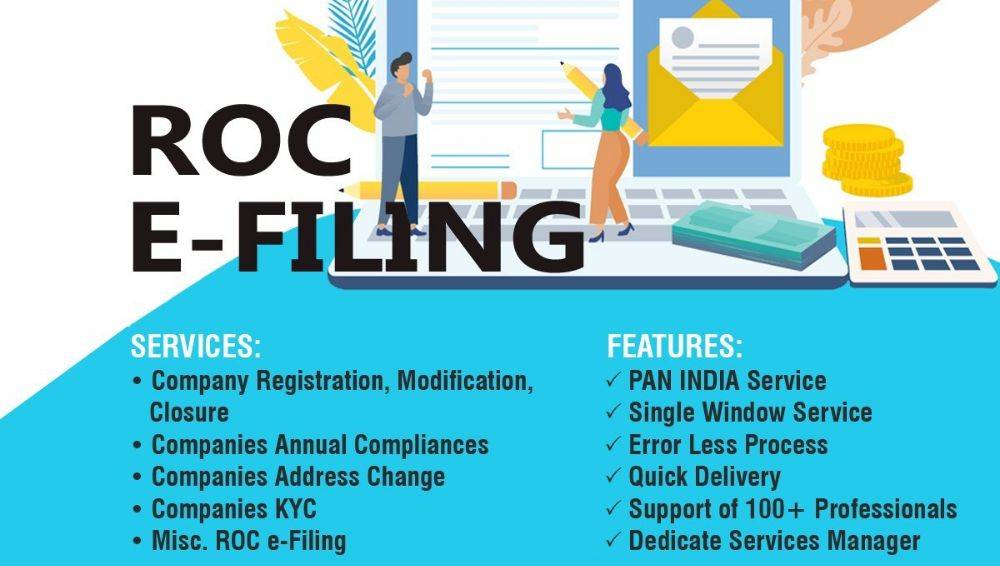
In a significant reform aimed at simplifying corporate compliance, the Ministry of Corporate Affairs (MCA) has removed the requirement for Registrar of Companies (RoC) approval for several key corporate actions. This move is expected to ease procedural delays and promote a more business-friendly environment for companies across India.
Under the revised norms, many routine corporate decisions—such as changing registered office within the same state, increasing authorized capital, or approving board resolutions—can now be executed without needing prior approval from the RoC. Companies only need to file the necessary forms online, which will be auto-approved, streamlining the process.
Key Changes Introduced
As per the update:
No RoC approval required for change of registered office within city or state
Alteration of memorandum and articles now easier through automated filing
Board resolutions for issuance of shares, buybacks, or mergers can proceed faster
Digital self-certification accepted in many cases, reducing documentation burden
The step is aligned with the government’s ongoing push for “Ease of Doing Business” and comes after extensive feedback from stakeholders including startups, private limited companies, and corporate law experts.
Benefits for Companies
This automation and deregulation are expected to save both time and compliance costs. Earlier, such filings involved weeks of delays due to manual scrutiny and follow-ups. Now, with auto-approval in place, businesses can proceed with strategic decisions more efficiently.
Legal experts say the change reflects the government’s growing confidence in digital records and self-declaration models, similar to trends seen in tax and labor compliance reforms.
A Boost for Corporate Governance
While approvals are eased, the MCA has emphasized that accountability still remains. Any false declaration or misuse will attract strict penalties under the Companies Act. The ministry will continue to conduct random audits and use AI-based red flag systems to catch discrepancies.
This reform is expected to benefit especially MSMEs, startups, and mid-sized firms, giving them faster access to capital restructuring and expansion plans.
![]()



